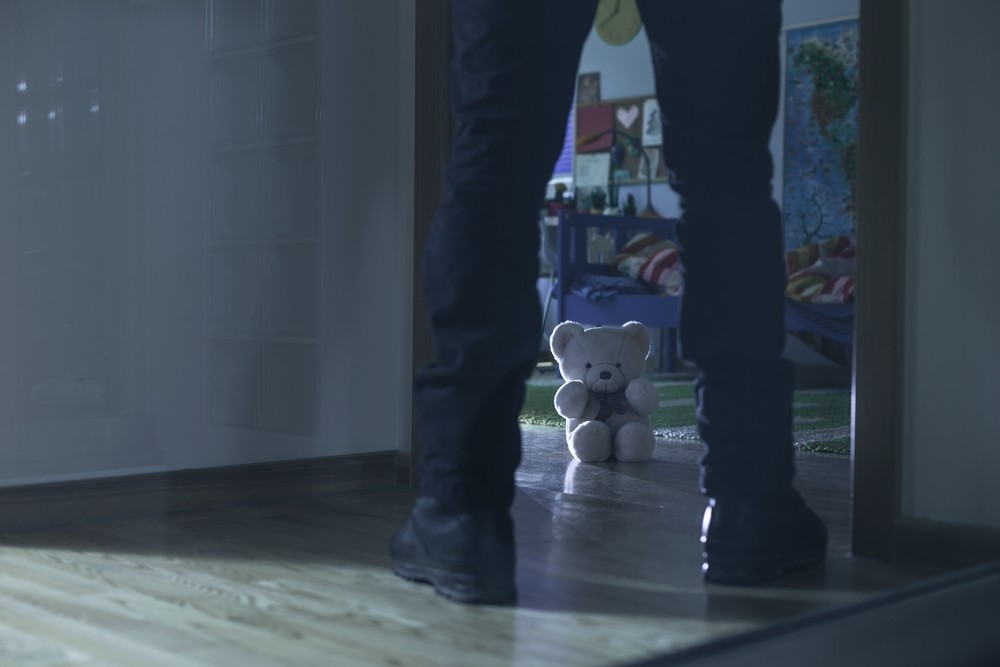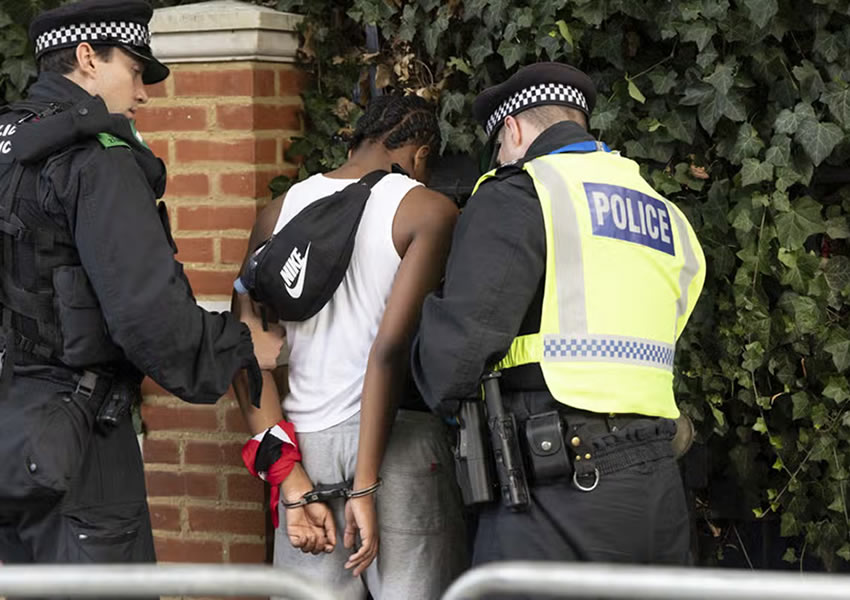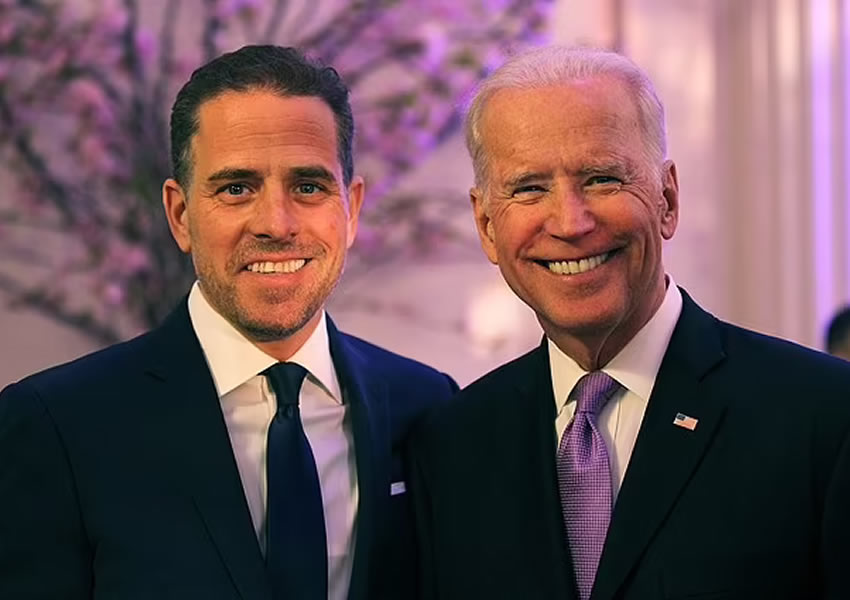Whether or not you can file a lawsuit for sexual abuse that occurred when you were a child depends on where you live. Many states have extended the statute of limitations because lawmakers recognized the need for adults to be able to pursue justice.
You may not have sued your abuser sooner because you didn’t know it was an option. You may not have realized you could file a lawsuit at all, or you may have believed it was too late to do so. You may also have not been ready to talk about your abuse. You also may have repressed memories of your abuse only to have those memories surface later.
According to the Rape, Abuse & Incest National Network one in nine girls and one in 53 boys under the age of 18 are sexually abused by an adult. Child abuse is a common crime that can have devastating consequences. You may have spent years and thousands of dollars on therapy. These lawsuits force abusers to pay for the damage they caused.
Why You May Want to File a Lawsuit
You may have several reasons you want to file a lawsuit against the person who abused you when you were a helpless, vulnerable child. Some of the most frequently cited reasons include:
- Wanting vindication: A lawsuit can’t change what happened in the past, but it can put you in control of the situation and give you power over your abuser.
- Wanting to protect others from the abuser: Making your allegations of abuse public will let others know that your abuser is a danger to children.
- Wanting to send a message to abusers: As these lawsuits become more common, they let other abusers and potential abusers know that abuse won’t stay hidden forever. Eventually their crimes will be made public, and their reputation and finances could be destroyed.
Childhood sexual abuse lawsuits increase awareness of sexual abuse. This is another benefit of filing a lawsuit. The more people know about this type of abuse, the more likely they are to take steps to prevent it and to recognize the signs.
Criminal Charges and Civil Lawsuits
Depending on the laws in the state you’re in, you may be able to pursue criminal charges, civil charges, or both. If the statute of limitations hasn’t run out, filing criminal charges can result in prison time. Your abuser could end up on the sex offender registry list for the rest of their lives, which would result in them being on the Megan’s Law list so others will know they are a danger.
According to one California child sexual assault lawyer, if you file a civil lawsuit against your abuser you may be able to recover damages for the cost of your mental health therapy bills, for any medical bills that happened as a result of your abuse, and for pain and suffering.
Who You Can Sue
You can file a lawsuit against your abuser to hold them personally responsible for what they did to you. However, your abuser may not be the only person or entity you can file a lawsuit against. Many victims of childhood sexual abuse end up filing lawsuits against two or more parties.
Suing an Entity
In addition to suing your abuser, you may also be able to file a lawsuit against a third party who should have taken steps to protect you. These may include:
- The perpetrator’s employer
- A school district
- A church
- A daycare center
- A college
- An organization
In recent years there have been many high-profile childhood sexual abuse cases filed against the Boy Scouts of America and the Catholic church. These lawsuits allege that the organizations did nothing to protect children from predatory scoutmasters and priests, allowing the abuse to continue for decades.
If Your Abuser Is Deceased
By the time a victim of child sexual abuse has grown up and is ready to hold their abuser accountable, the abuser may have passed away. That doesn’t mean you can’t take them to court. You may be able to file a lawsuit against their estate to get compensation for your economic damages and pain and suffering.
If you were sexually assaulted or abused as a child, ask an attorney what your legal options are in the state where you live. The sooner you can get your lawsuit started, the sooner you will be able to heal and put the abuse behind you.






